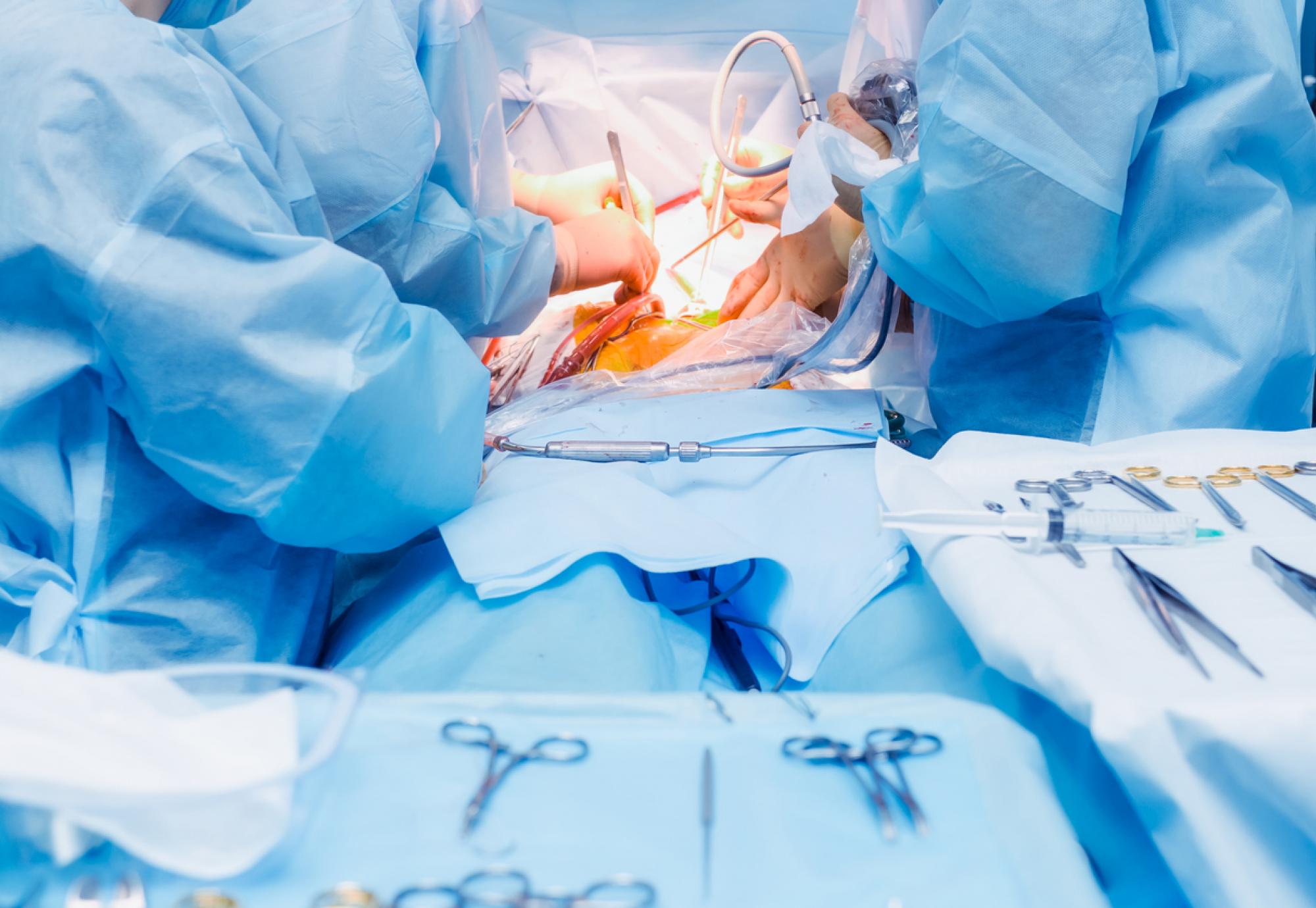A study led by researchers at the University of Birmingham has made a discovery that will help health professionals deliver safer surgery for thousands of patients across the world.
The ChEETAh trial found that routinely changing surgical gloves and equipment just before closing wounds can significantly reduce the chances of the world’s most common postoperative complication – Surgical Site Infection (SSI).
Funded by the National Institute for Health and Care Research, the study found that, during abdominal wound closures, simply swapping gloves and surgical apparatus could prevent as many as one in eight SSI cases.
The trials were carried out in Benin, Ghana, India, Mexico, Nigeria, Rwanda, and South Africa and such was the study’s success, researchers are now calling for the practice to be adopted globally – especially in Low and Middle-Income Countries where SSIs affect patients the most.
Co-author of the study and consultant surgeon, the University of Birmingham’s Aneel Bhangu, said: “SSI is the world’s most common postoperative complication – a major burden for both patients and health systems. Our work demonstrates that routine change of gloves and instruments is not only deliverable around the world, but also reduced infections in a range of surgical settings. Taking this simple step could reduce SSIs by 13% – simply and cost-effectively.”
The development of SSIs causes patients pain, disability, hampered healing processes and ultimately elongated recoveries and psychological challenges as a result – in the NHS, the adoption of this low-cost practice can help avoid all of that and cut the need for repeat procedures, helping the sector work its way through the backlog more efficiently.
But for the parts of the world where treatment isn’t free, the aforementioned repercussions can lead to increased medical costs, further risking patients falling into poverty, which exacerbates their condition, worsens their health outcomes, and has a detrimental affect on their quality of life.



















